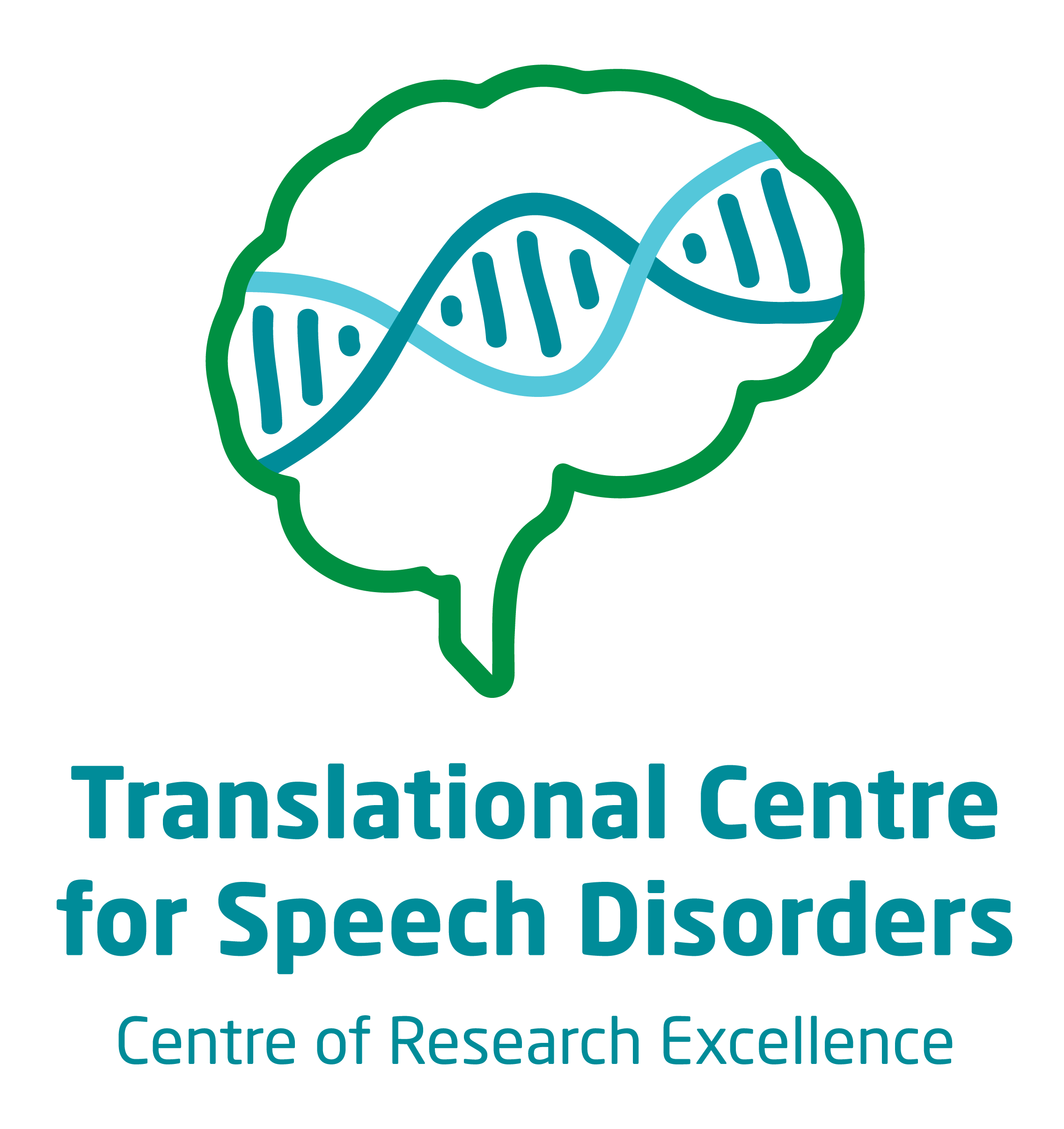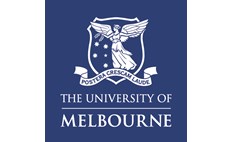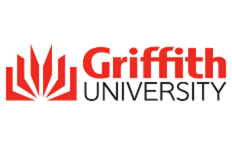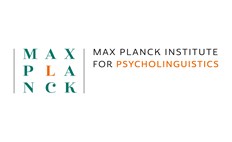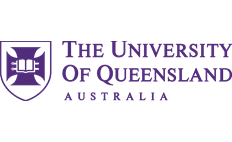Symposium - Child speech disorders: translating cutting-edge science into clinical practice
The NHMRC Centre of Research Excellence (CRE) - Translational Centre for Speech Disorders hosted their first in-person Symposium on Monday 9 October at the Ella Latham Auditorium (The Royal Children's Hospital (RCH), Melbourne).
The CRE Symposium brought together local and interstate guests from a range of disciplines including speech pathology, paediatric neurology, neuroscience and genetics to facilitate a day of stimulating presentations and networking opportunities. Prof. Angela Morgan, renowned expert in speech genetics and Director of the CRE Translational Centre for Speech Disorders, opened the day with a warm welcome to more than 200 guests.
The morning session ‘Speech Pathology diagnosis, therapy and scope of practice in Genetics’ saw Prof. Ingrid Scheffer, leading expert in paediatric neurology and epilepsy, present on how to tell if a child is having a seizure.
The next speaker, Prof David Amor, an internationally recognised consultant clinical geneticist, spoke about the importance of genetics in speech disorders.
Ms. Mariana Lauretta, associate genetic counsellor and speech pathologist, discussed her research on exploring barriers and enablers to genetics and genomics in speech pathology clinical practice.
Guests then heard from speech pathologists Ms. Olivia van Reyk and Ms. Charlotte Boulton, who spoke about the exciting development of a new digital assessment and analysis speech tool (ADAAPT).
Their presentation was followed by Ms. Lottie Morison, speech pathologist and PhD candidate, who is investigating several speech and language conditions with regression (such as Kleefstra syndrome) and how to support and plan for the future.
The last speaker of the morning session was Ms. Sarah Mackintosh. Sarah is mother of a child with severe apraxia of speech who very kindly shared her family’s experience and journey of receiving her son’s genetic diagnosis.
Prof. Morgan took the opportunity to thank Prof. Sheena Reilly for her major contribution to the field of Speech Pathology.

Prof. Kathryn North, Director of the Murdoch Children’s Research Institute, opened the afternoon session ‘Latest advances in Speech Pathology research’, with an engaging talk on precision medicine in child health.

Prof. Angela Morgan, delved into genetics in speech pathology clinical practice. Prof. Morgan spoke about the importance of understanding the aetiology of speech disorders and highlighted research by the CRE team who have identified multiple genes causative for childhood apraxia of speech.

Prof. Michael Hildebrand, molecular geneticist, spoke about a new gene pathway for developmental stuttering before Ms. Georgie Johnson, speech pathologist and PhD candidate, presented on psychosocial features of stuttering for school-aged children and the implications for practice.
The international speaker was A/Prof. Frederique Liegeois, cognitive neuroscientist from the UCL Great Ormond Street Institute of Child Health, who delivered a presentation on the brain basis of childhood apraxia of speech.
The penultimate presentation was from Prof. Adam Vogel, Professor of speech science and behavioural neuroscientist, who discussed a multinational randomised controlled trial of dysarthria (SpeechATAX).
Mr. Josh Earl, stand-up comedian who openly talks about his speech difficulties, closed the day with a light-hearted performance which was a fitting way to finish the day.

Speakers (from left to right): (back row): Ms Lottie Morison, Ms Sarah Makintosh, Ms Georgie Johnson, Prof David Amor, Ms Charlotte Bouton, Ms Olivia van Reyk, Prof Adam Vogel, Mr Josh Earl. Front row: Ms Mariana Lauretta, A/Prof Frederique Liegeois, Prof Angela Morgan, Prof Ingrid Scheffer.
Other speakers were Prof Kathryn North and Prof Michael Hildebrand.
Thank you to everyone who came to our Symposium and we look forward to seeing you at our future events!


